


Developed by Brazilian scientists, the device connects wirelessly to a smartphone and can be used to monitor general health.
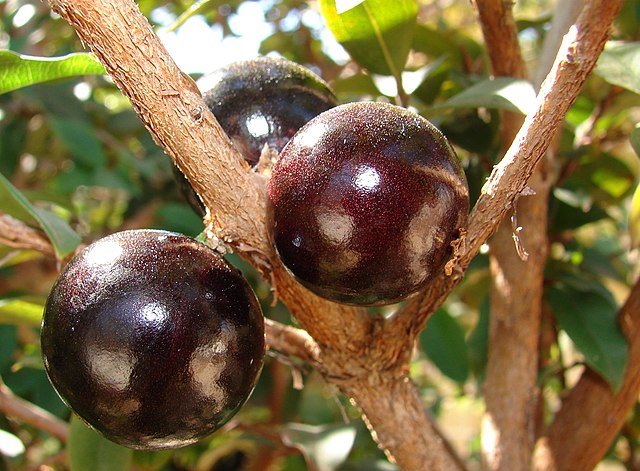
In a study with 49 participants, researchers at the State University of Campinas found that daily consumption of a dietary supplement containing 15 g of the substance for five weeks improved glucose metabolism even after meals.
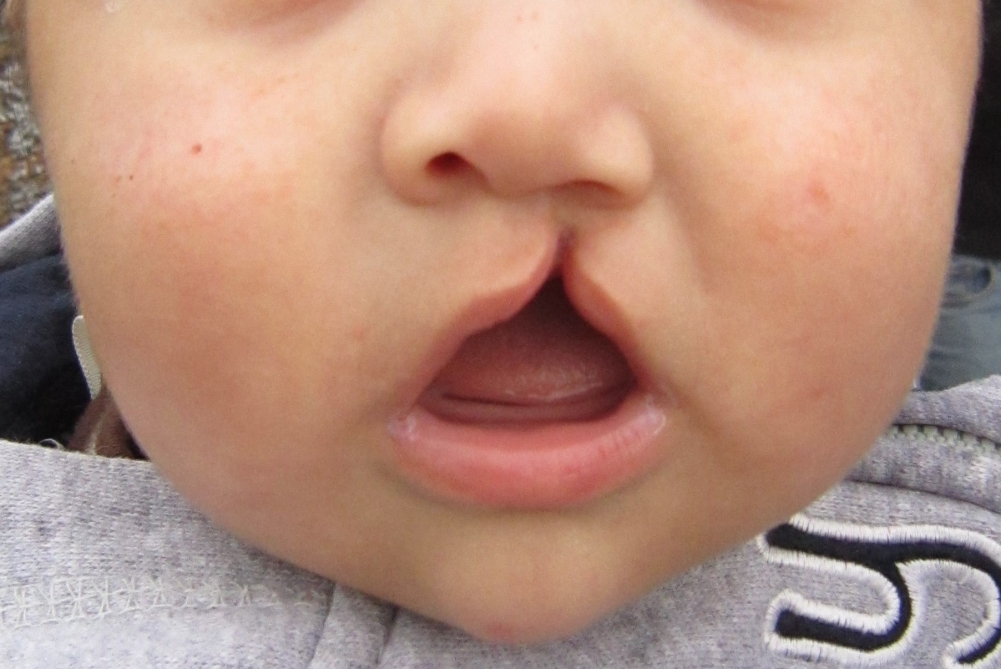
Through experiments with human cells and animals, researchers from the University of São Paulo and collaborators have shown how gene-environment interactions during the craniofacial development of the embryo can lead to malformations.

This study was conducted at the University of São Paulo and published in Clinical Oral Investigations; the authors emphasize the importance of collaboration between dentists and psychiatrists to improve diagnosis and treatment.

A study conducted at the University of São Paulo with 23 volunteers found that only evening training regulated baroreflex sensitivity, a mechanism that compensates for abrupt changes in blood pressure.
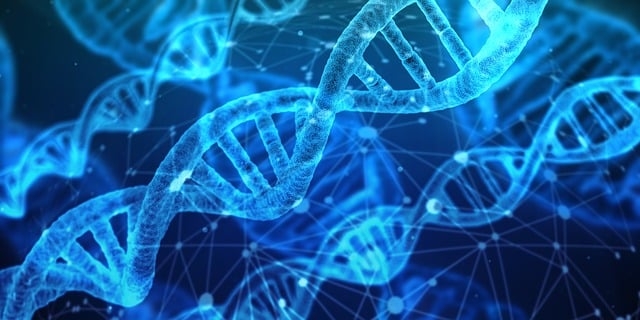
BioDecision has developed a methodology that combines RNA sequencing and big data to offer the pharmaceutical industry molecular targets of interest for treatment of the disease.

The lecture was delivered by Antonio Bianco, a professor of medicine at the University of Chicago who has won several awards for research in the thyroid field.
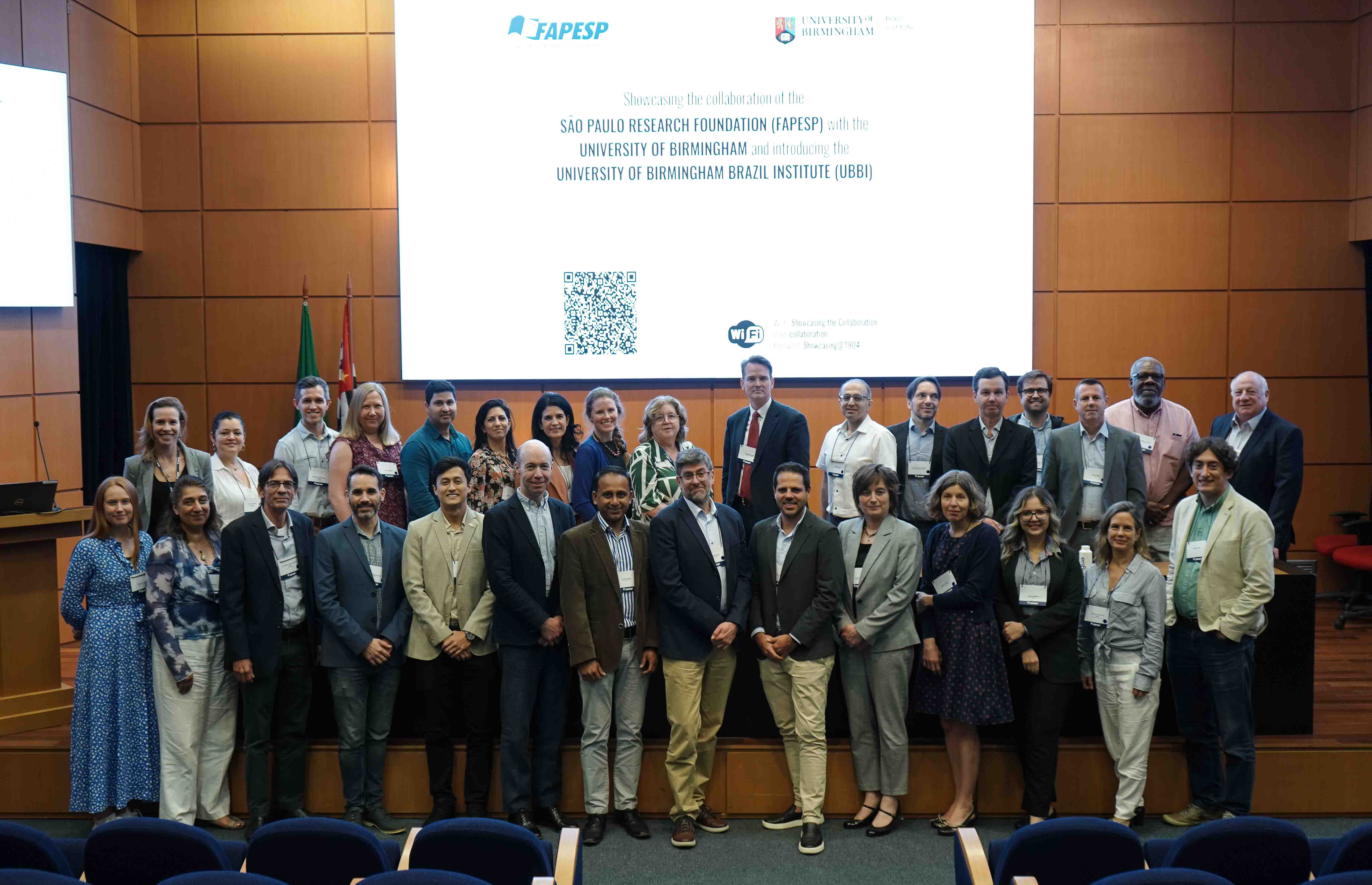
The project, conducted by researchers affiliated with the University of São Paulo in Brazil and the University of Birmingham in the UK, was one of 15 presented at an event held to celebrate the partnership between the British institution and FAPESP. It also marked the launch of the University of Birmingham Brazil Institute, whose mission is to bolster UK-Brazil research collaboration.

A survey conducted in Brazil provides an overview of musculoskeletal pain in the very young. Back pain and leg pain were the most frequent complaints among 2,688 volunteers aged 12 on average.

The foods, found in the homes of Brazilian families participating in the research, were stored for future consumption. The study is the first in Brazil to use biomarkers to characterize the risk associated with mycotoxins in the diet.
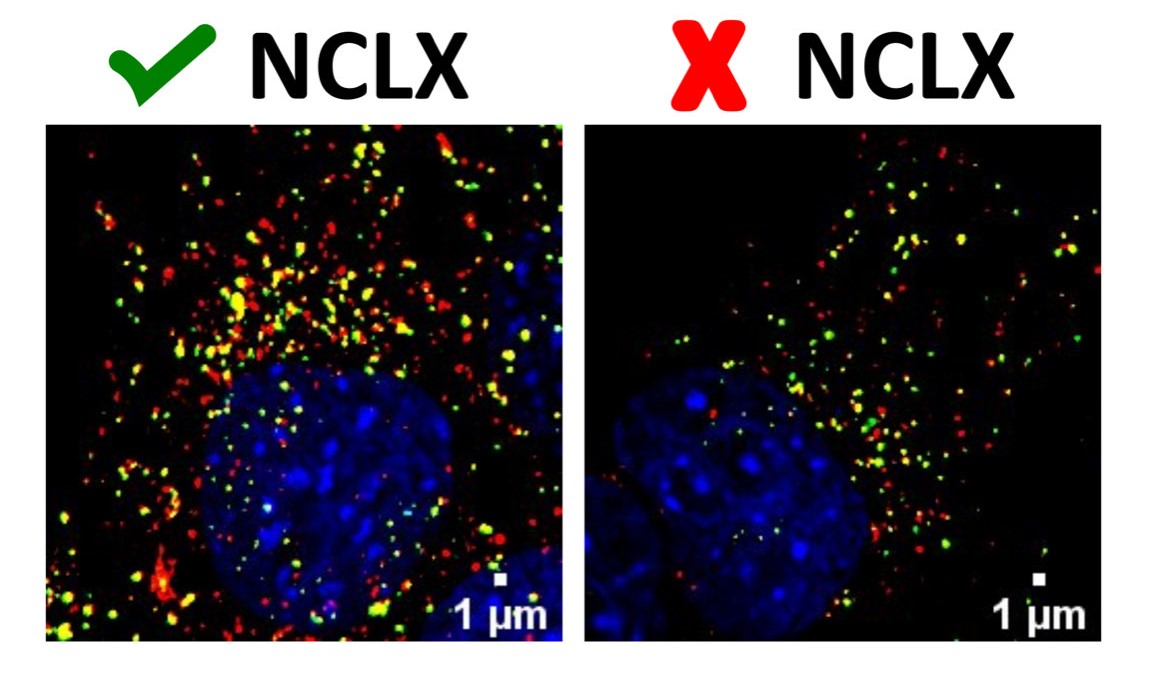
An article published by a FAPESP-supported research center highlights the link between mitochondrial calcium transport and autophagy, the process whereby cells break down and reuse some of their own components.
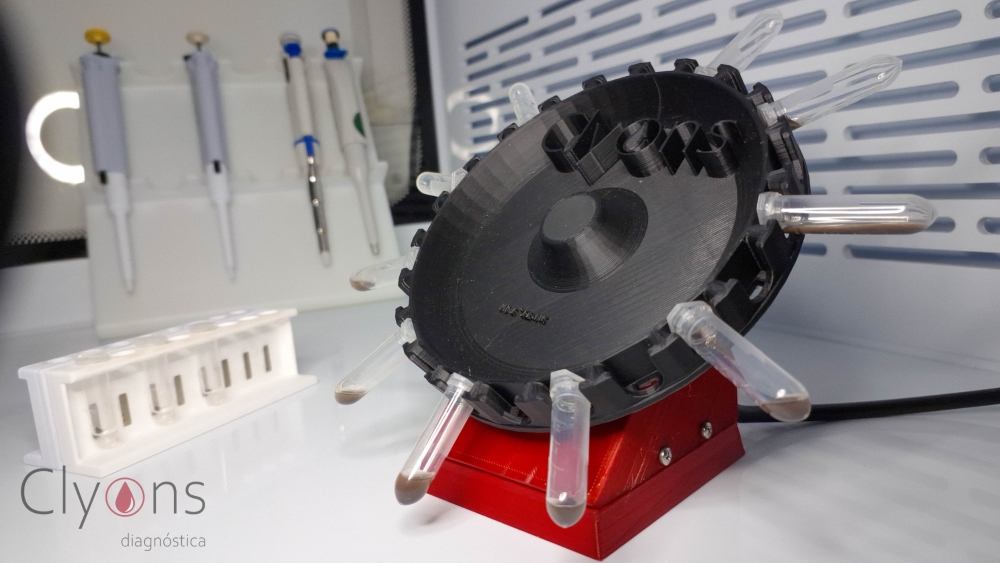
A Brazilian startup supported by FAPESP is developing a solution to detect a biomolecule linked to the presence of migratory oral cancer cells.

A study by the University of São Paulo, published in the journal Environmental Research, analyzed the results of the autopsies of 238 people and epidemiological data; the risk is greater for hypertensive patients.
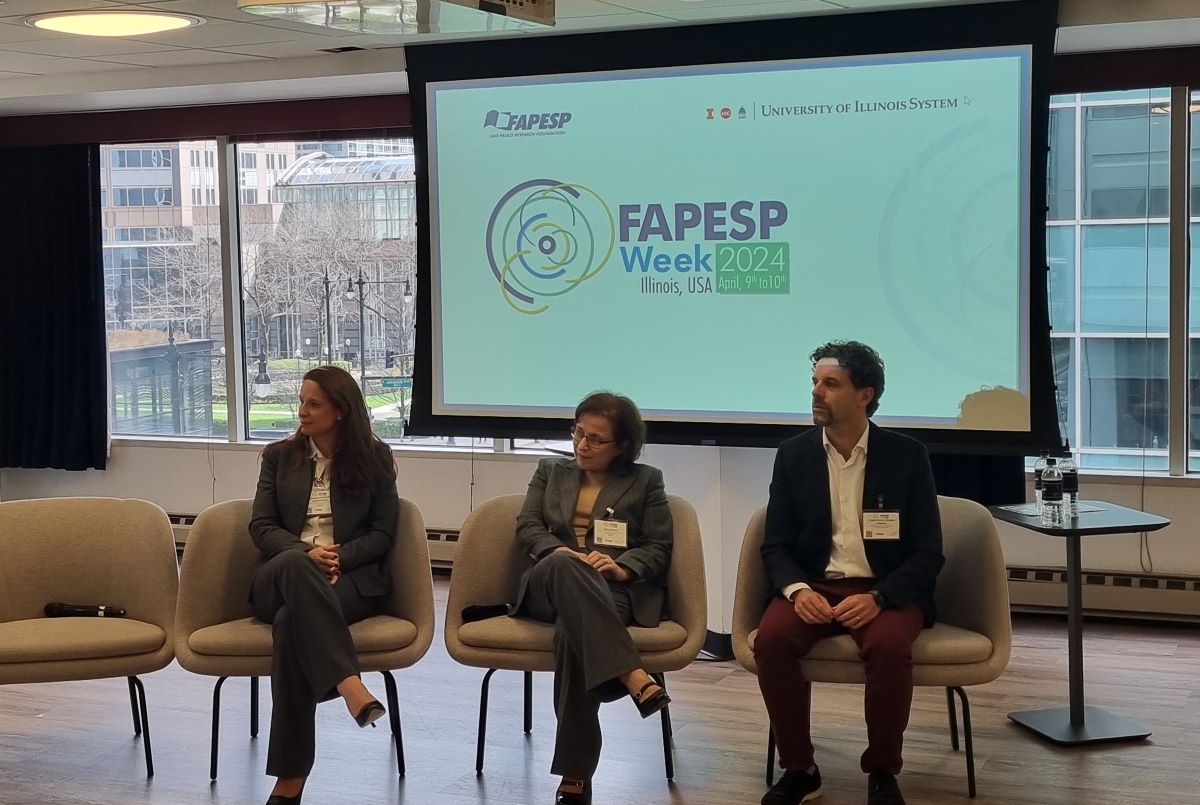
The drug accumulates not only in water, but also in sediments and marine organisms, and poses a high ecological risk, said Camilo Seabra, a professor at the Federal University of São Paulo, during FAPESP Week Illinois.
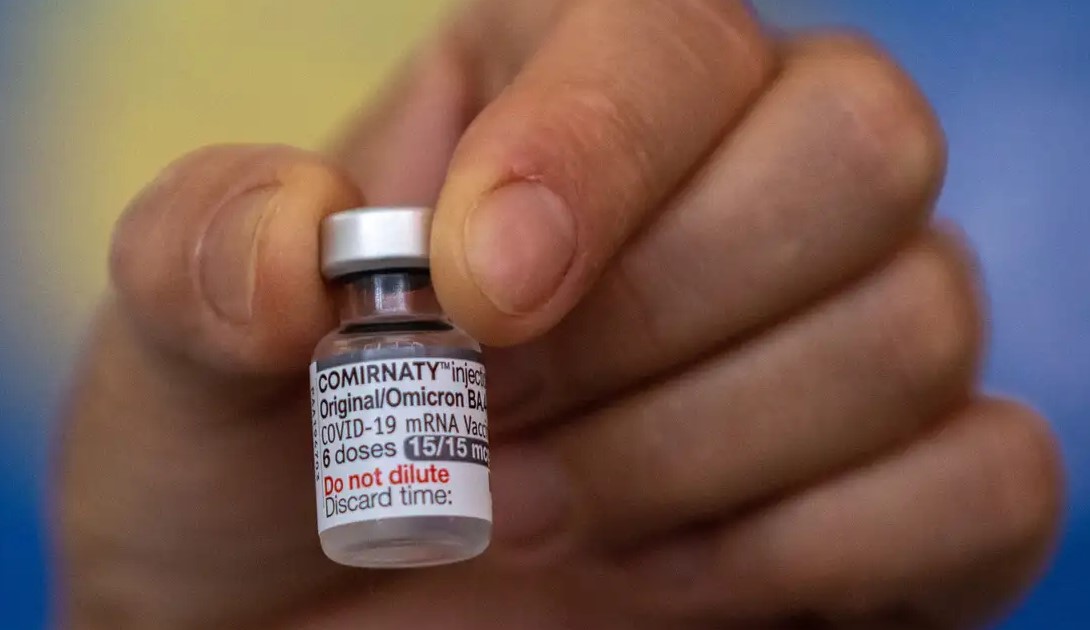
Brazilian scientists conducted the first research project to evaluate the immunity induced in an actual group of vaccinated subjects. Their findings are reported in the Journal of Medical Virology.
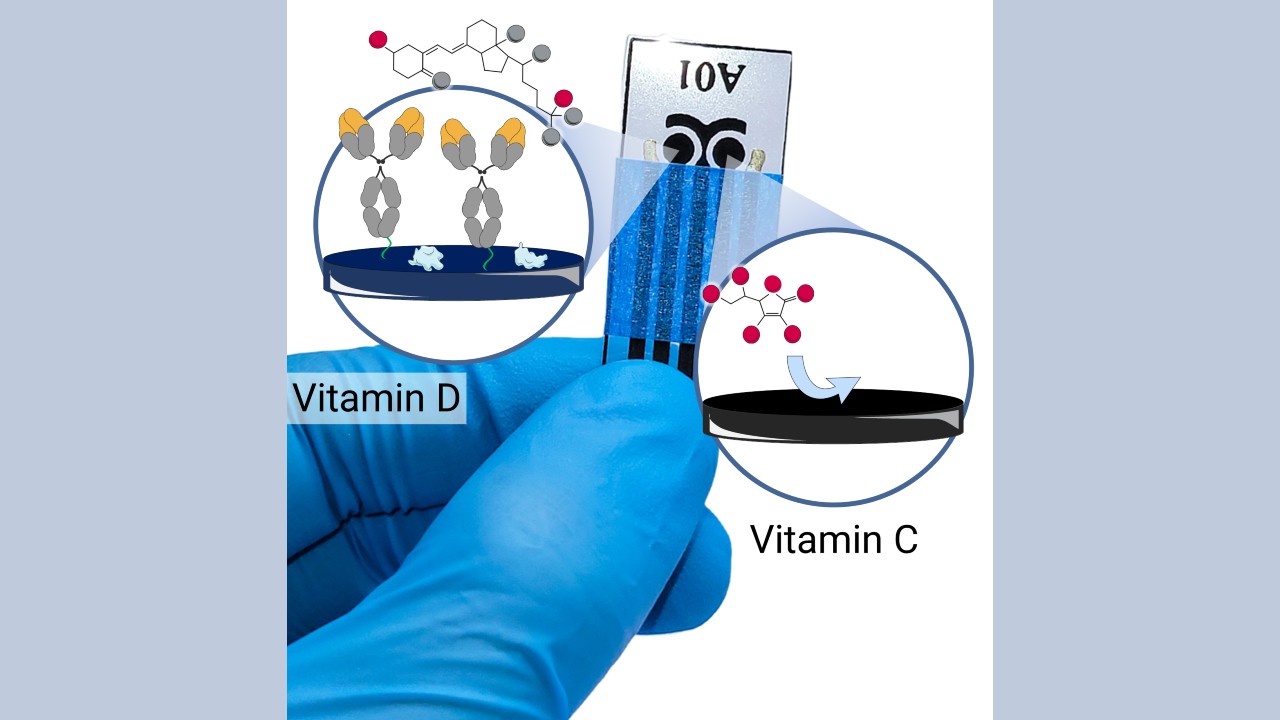
The device was developed at the University of São Paulo and can be used for self-monitoring of micronutrients, assistance with personalized diets, and prevention of deficiencies and toxicity.
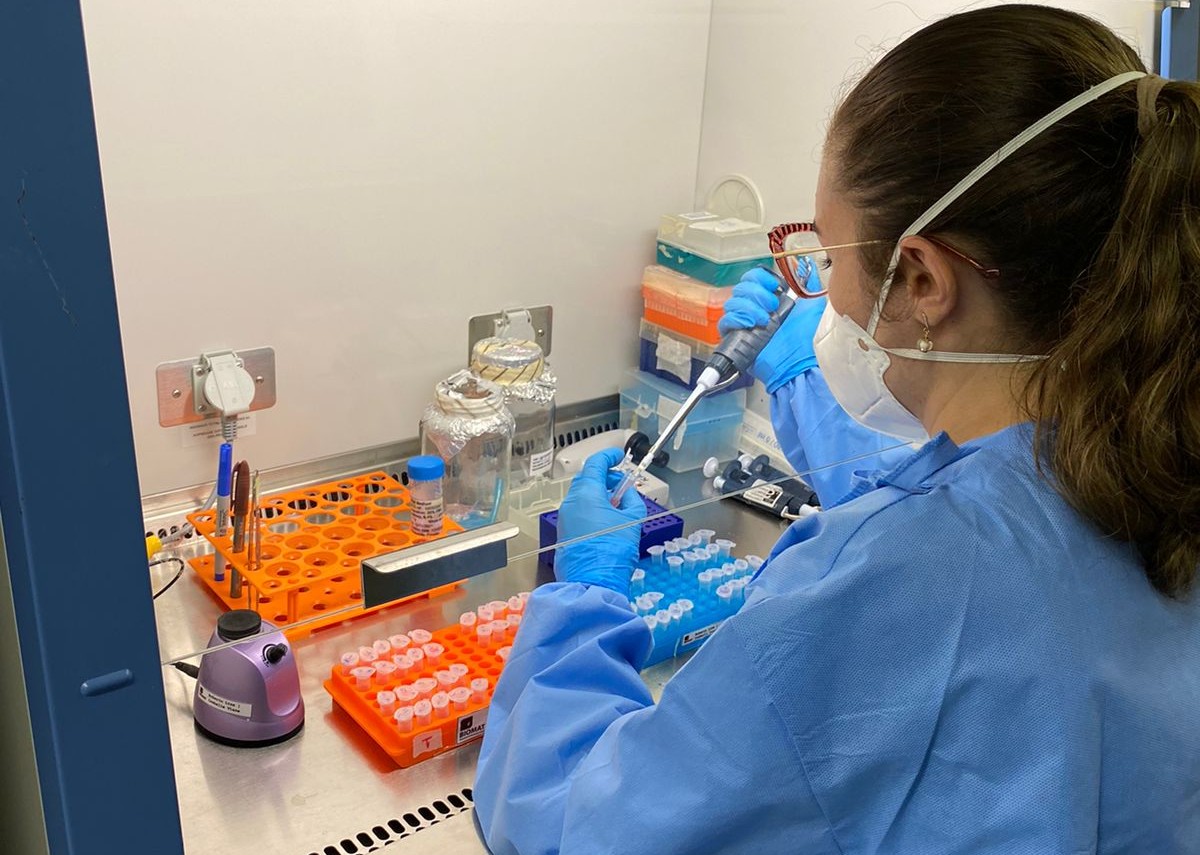
The vaccine is being developed by researchers in Brazil. The results of preclinical trials are published in the journal Frontiers in Immunology.

The technology used to sequence the first infections by SARS-CoV-2 at record speed has been successfully tested as a technique to monitor viruses transmitted by mosquitoes, such as dengue, zika, chikungunya and yellow fever.
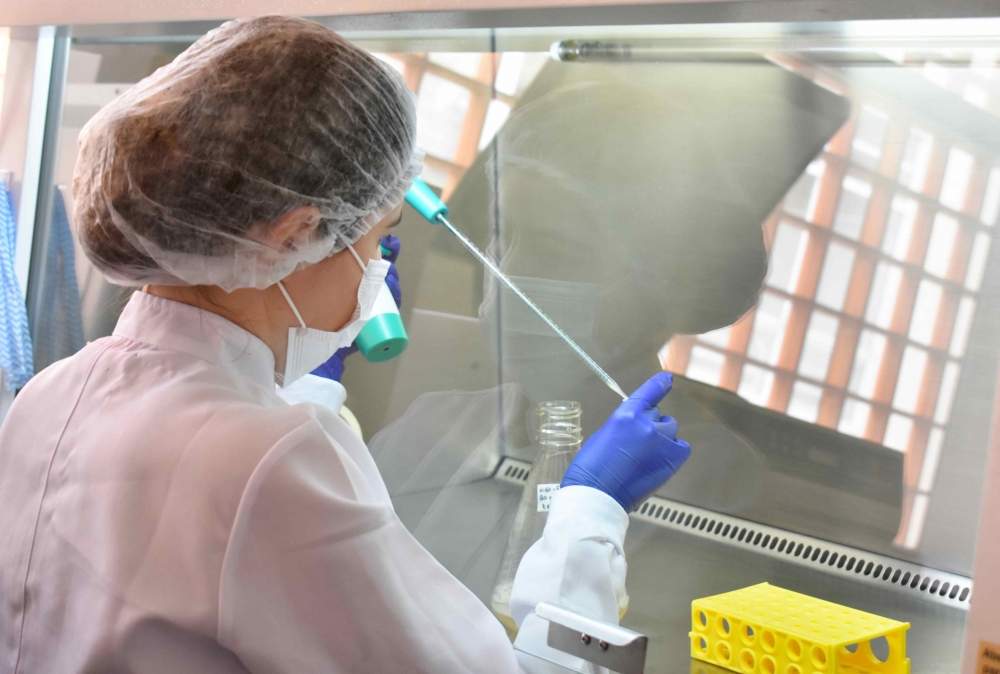
Researchers supported by FAPESP have created a drug using antibodies for direct application to the skin.
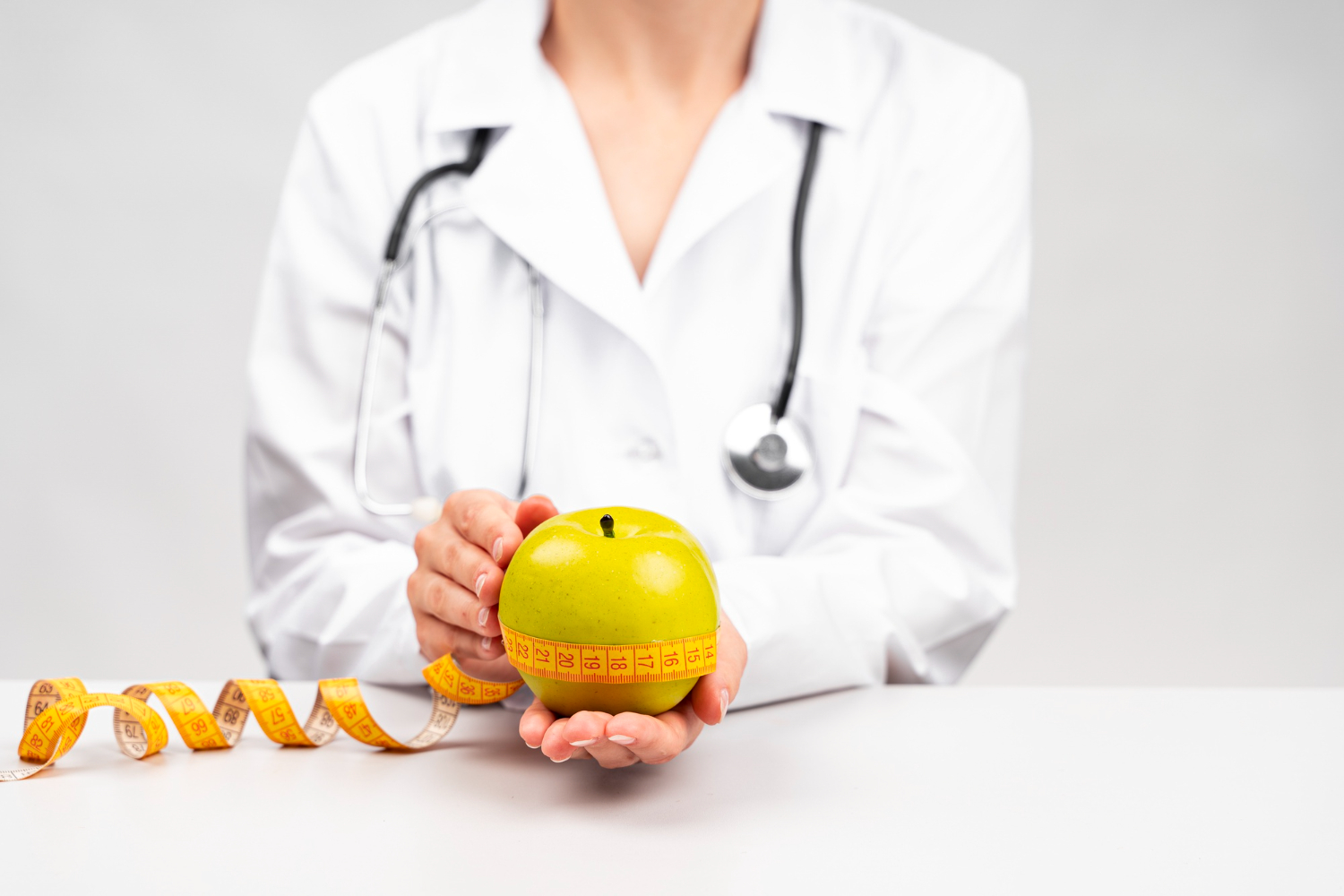
Group from the University of Illinois in Chicago creates program to stimulate math learning through physical activity; results of the work were presented at FAPESP Week Illinois.

Brazilian researchers analyzed more than 200 articles on the subject and identified the types of training most indicated for these cases. Their findings are reported in the journal Psychiatry Research.

In Brazil, researchers analyzed data for 8,384 clinical appointments that took place in a two-year period at Hospital de Base in São José do Rio Preto (São Paulo state) and found the situation to be similar to those in publicly-funded psychiatric outpatient clinics elsewhere in the country. The results, reported in Frontiers in Psychiatry, list the most common mental health problems and most frequently prescribed drugs.
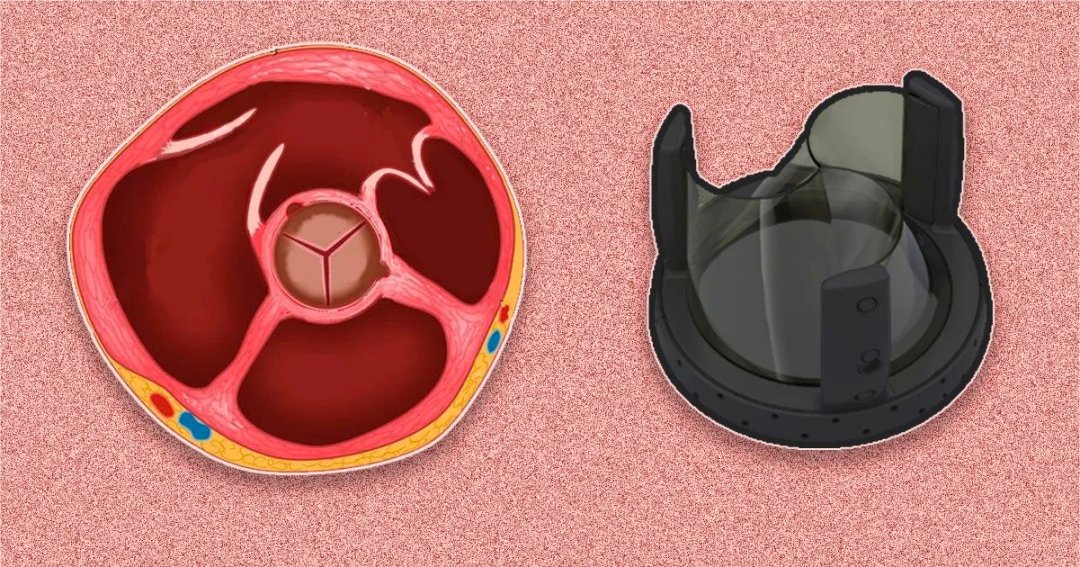
Study developed at Center for Mathematical Sciences Applied to Industry aims to perfect device for cardiovascular treatments.
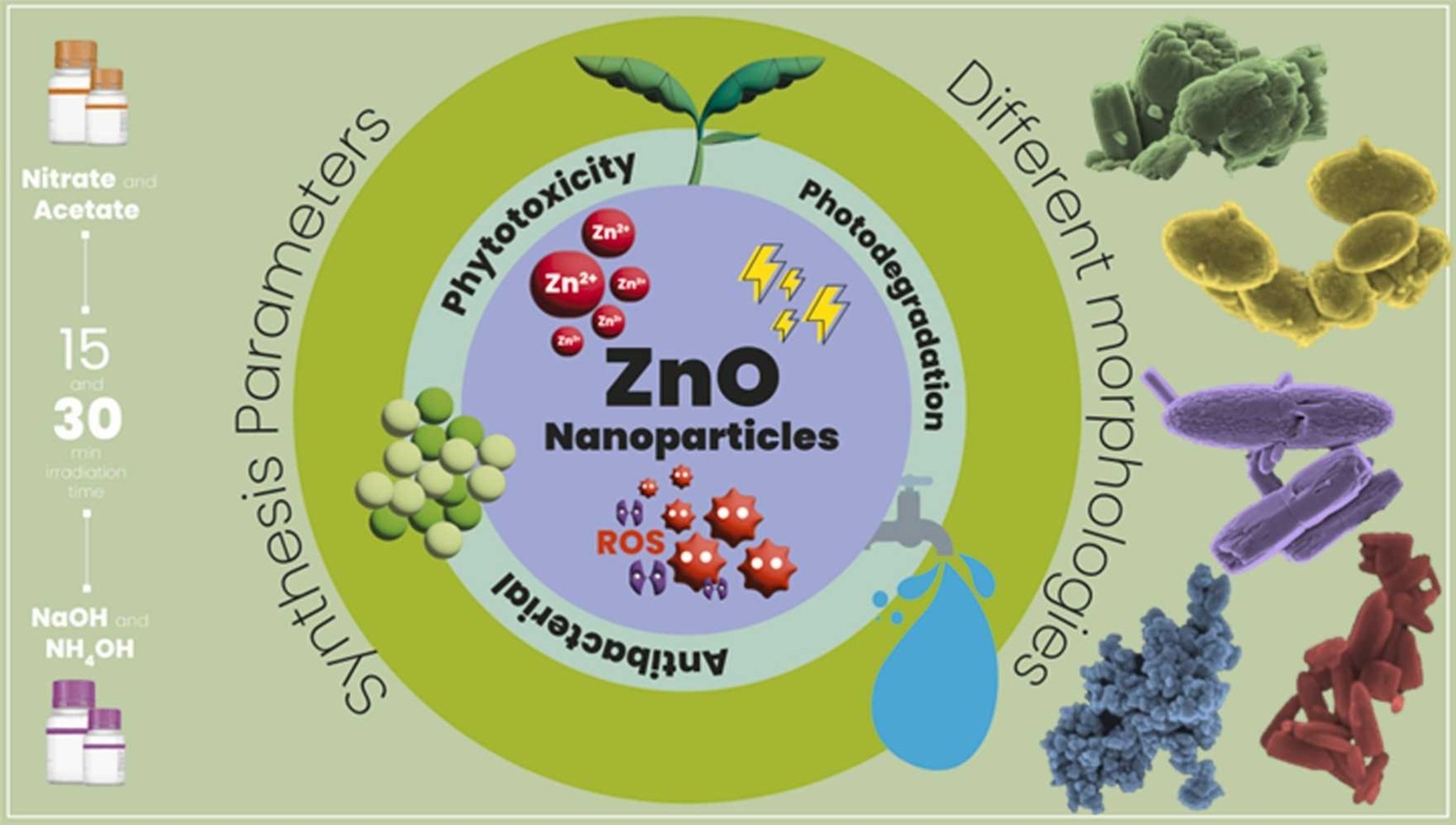
Zinc oxide nanoparticles with varying morphologies were tested against microorganisms isolated from patients. The results are reported in the Journal of Environmental Chemical Engineering.
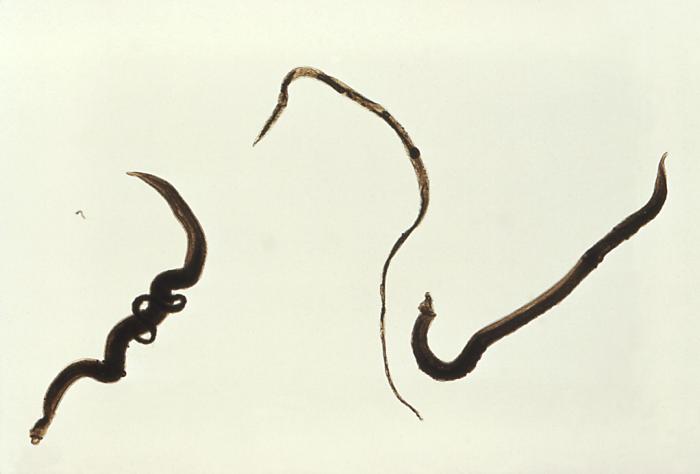
Experiments conducted at Butantan Institute in São Paulo used phage display to screen 12,000 proteins found in Schistosoma mansoni, the worm that causes the disease. The method deployed bacteriophages, viruses that infect bacteria, to identify key parasite peptides.